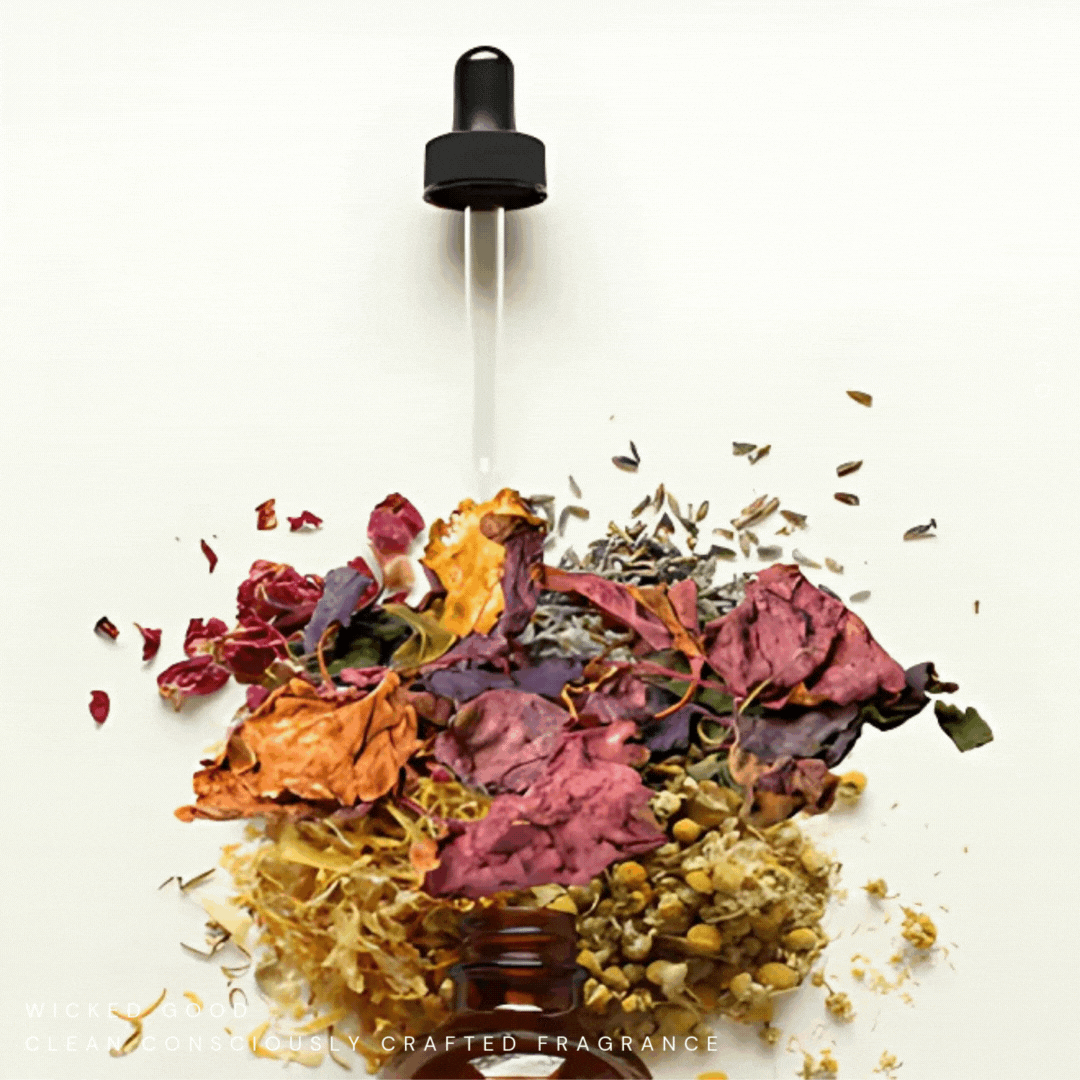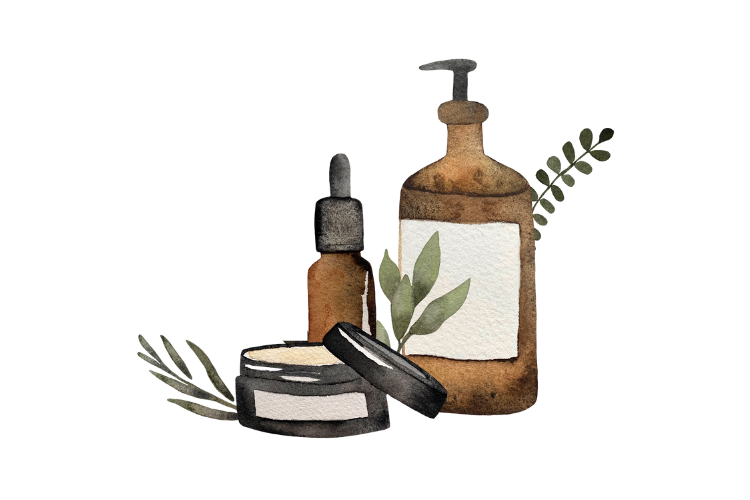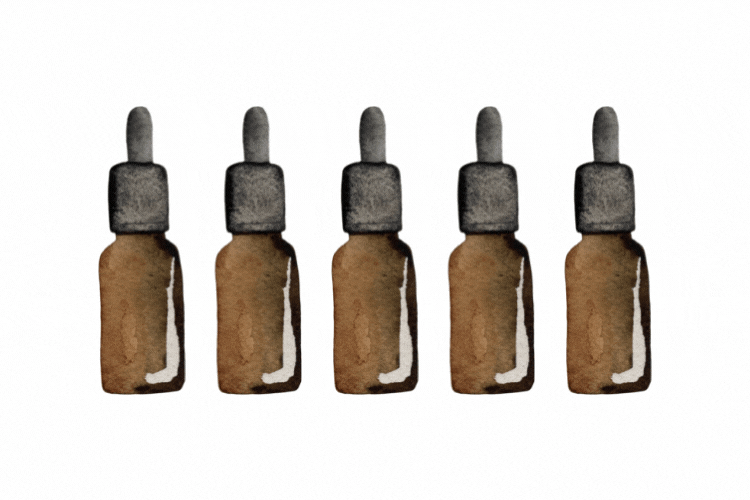Patchouli Essential Oil
Patchouli Essential Oil: A Guide to Its Origins, Cultivation, and Benefits
Patchouli essential oil is a widely-used oil found in many soaps, perfumes, and cosmetics. Known for its earthy, woodsy, and herbaceous scent, patchouli oil is often used as a base note to add depth to other fragrances, similar to how salt enhances the flavor of food.
Originating from Asia, the patchouli plant, or Pogostemon Cablin, has been associated with luxury since ancient times. It arrived in the Middle East via the silk trading routes and later made its way to Europe, thanks to Napoleon, who was enamored with its exotic and intoxicating scent. Today, patchouli is primarily grown in Southeast Asia due to its stable year-round climate and nutritious soil.
Patchouli essential oil is typically extracted through steam distillation of its leaves and stems. The oil's active chemical component is patchoulol, also known as patchouli alcohol, a sesquiterpene alcohol. Patchoulol is often used for its medicinal properties, while other active chemical components in the oil, such as seychellene, α-guaiene, and α-patchoulene, contribute to the oil's healing benefits.
Patchouli oil has a musky scent and gained popularity during the hippie era of the 1960s and 1970s.
The patchouli plant is grown in tropical regions with a hot and humid climate, often near coconut and pine trees. The plant is matured in about seven months and harvested several times a year. The leaves are dried and sent for steam distillation to extract the oil. There are two varieties of patchouli oil based on their distillation process: patchouli oil dark and patchouli oil light.
Patchouli essential oil boasts numerous benefits, including its ability to calm the mind for inner peace, nourish the skin for a vibrant complexion, boost sleep quality, strengthen immunity, and fade acne scars. It also has anti-inflammatory, pain-relieving, and antibacterial properties and can be used as an insecticide, treat respiratory problems, repel insects, promote oral health, facilitate wound healing, boost libido, relieve depression, act as an aphrodisiac, and act as a sedative and diuretic.
Patchouli essential oil blends well with other essential oils such as lavender, clary sage, lemongrass, geranium, elemi, myrrh, pine, bergamot, frankincense, and sandalwood. It belongs to the earthy or woody category and can be substituted with rosemary, tea tree, or vetiver essential oil.
In conclusion, patchouli essential oil is a versatile and potent oil with numerous benefits for physical and mental health. Its rich history and unique aroma make it a valuable addition to any essential oil collection.






























Leave a comment